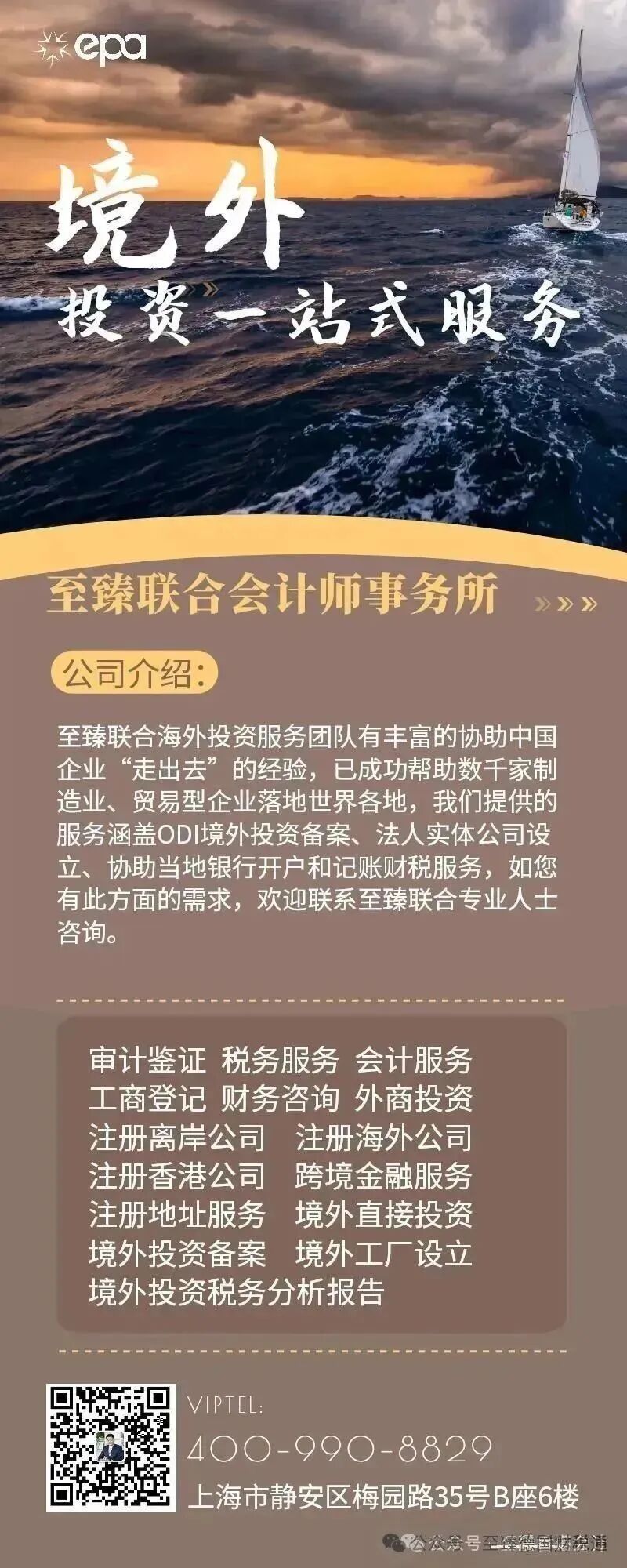Overview of the Development of the German Chip Industry
(Part 1)

Germany is located in the central part of the European continent, with a population of approximately 84 million, making it the most populous country in the European Union. Germany is also the largest economy in Europe and the fourth largest economy in the world (after the United States, China, and Japan). According to data from the Federal Statistical Office of Germany, the country’s GDP reached 3.5706 trillion euros in 2021.
The German economy is highly dependent on foreign trade, with a strong industrial base and a developed service sector. The economies of China and Germany are deeply intertwined, with close cooperation. Since 2016, China has maintained its position as Germany’s largest trading partner for six consecutive years, and Germany is also China’s largest trading partner in the EU, with bilateral investment steadily developing. According to German statistics, the total trade volume between Germany and China reached 245.9 billion euros in 2021.
Germany is located at the center of Europe, making it the leading logistics market in Europe and an important global distribution hub. Its logistics network includes not only Hamburg, the third largest cargo port in Europe, but also Bremen, the largest automotive transport port in Europe, and Duisburg, the largest inland port on the continent. Germany also has a dense network of airports, with 25 international airports. Frankfurt Airport is the largest cargo hub in Europe and the fourth largest passenger airport. Additionally, the German railway company has the largest railway network in Europe. Deutsche Post DHL Group is one of the largest logistics companies in the world.
01
The Historical Development of the German Chip Industry

The development of the German chip industry has a long history, tracing back to the mid-20th century. At that time, the global semiconductor industry was still in its infancy, and Germany, with its strong industrial foundation and research capabilities, actively engaged in this field. Siemens, as a leading industrial enterprise in Germany, began its exploration in the semiconductor field as early as 1955, successfully developing Germany’s first transistor. Since then, Siemens has continued to make significant contributions, achieving many breakthroughs in integrated circuit research and laying a solid foundation for the development of the German chip industry.
From the 1980s to the 1990s
From the 1980s to the 1990s, the German chip industry experienced a period of rapid development. Infineon Technologies spun off from Siemens’ semiconductor division, focusing on automotive electronics, industrial electronics, and communication chips. Infineon excelled in automotive chips, providing key chips for numerous automotive manufacturers, facilitating the process of automotive intelligence and electrification. Meanwhile, the German government placed great importance on the chip industry, implementing a series of supportive policies, such as increasing research funding and providing tax incentives to attract a large influx of talent and capital, continuously expanding the scale of the German chip industry and enhancing its technological level.
The 21st Century
Entering the 21st century, faced with fierce global competition in the chip industry, German chip companies actively sought transformation and innovation. On one hand, they continued to deepen their efforts in traditional advantageous fields, such as automotive chips and power semiconductors, maintaining a leading technological position; on the other hand, they increased investment in emerging fields, such as artificial intelligence chips and Internet of Things chips, striving to explore new market spaces.
02
The Current Scale and Market Position of the German Chip Industry

The German chip industry is large in scale and occupies an important position in the global chip market. According to statistics, by 2024, the total output value of the German chip industry is expected to reach [X] billion euros, accounting for approximately [X]% of the global chip market share. German chip companies produce products across multiple fields, with significant advantages in automotive chips, industrial chips, and power semiconductors.
In the automotive chip field
Germany is an important supplier globally. With the development of automotive electrification, intelligence, and connectivity, the demand for automotive chips has surged. German chip companies, leveraging advanced technology and rich experience, have met the needs of numerous global automotive manufacturers. For example, Infineon’s automotive microcontrollers and sensor chips are widely used in various vehicles, ranking high in global market share.
In the industrial chip sector
German chips support the development of industrial automation and smart manufacturing. As an industrial powerhouse, Germany has high performance and reliability requirements for chips in the industrial sector. Domestic chip companies can accurately grasp these needs and provide customized solutions, holding a significant market share in industrial control chips, communication chips, and other subfields.
In the power semiconductor field
German companies are technologically advanced. Power semiconductors are used for power conversion and circuit control, widely applied in new energy vehicles, renewable energy generation, and industrial power supplies. German companies such as Infineon and Nexperia are strong in the research and production of power semiconductors, with excellent product performance, occupying an important position in the global power semiconductor market.
03
Major Companies and Products in the German Chip Industry

Infineon Technologies
Infineon is a leading company in the German chip industry and a globally recognized semiconductor solutions provider. The company offers a wide range of products covering automotive electronics, industrial electronics, the Internet of Things, and communications.
⏩ In the automotive electronics field, Infineon provides a full range of products from microcontrollers and sensors to power semiconductors. Its automotive microcontrollers have excellent performance, capable of efficiently processing control instructions for various complex automotive systems, widely used in engine management systems, body electronics systems, and advanced driver-assistance systems. Infineon’s automotive sensors can accurately perceive information such as vehicle speed, pressure, and temperature, providing critical data support for safe driving and intelligent control.
⏩ In the power semiconductor sector, Infineon’s IGBT (Insulated Gate Bipolar Transistor) products are widely used in inverters for new energy vehicles, charging stations, and industrial motor drives, favored in the market for their high power density and low conduction losses.
⏩ In the industrial electronics field, Infineon’s industrial microcontrollers and communication chips support the upgrade of industrial automation. Industrial microcontrollers can meet the strict requirements for real-time performance and reliability in industrial equipment, ensuring stable operation of industrial production. Communication chips provide high-speed and reliable data transmission for the industrial Internet of Things, enabling interconnectivity between devices.
⏩ In the Internet of Things sector, Infineon has launched various IoT chip solutions, including low-power Bluetooth chips and security chips. Low-power Bluetooth chips are suitable for various wearable devices and smart home devices, extending device battery life due to their low power consumption. Security chips provide data encryption and identity authentication functions for IoT devices, ensuring the security of IoT systems.


Bosch
Bosch is not only a globally recognized automotive parts supplier but also has made significant achievements in the chip field. Bosch focuses on the research and production of automotive sensor chips and micro-electromechanical systems (MEMS) chips. Its automotive sensor chips include a variety of types, such as accelerometers, gyroscope sensors, and pressure sensors.
⏩ Accelerometers can be used for triggering control of airbags and vehicle dynamic stability systems, ensuring driving safety by accurately sensing changes in vehicle acceleration.
⏩ Gyroscope sensors play an important role in automotive navigation and advanced driver-assistance systems, accurately measuring changes in vehicle posture to provide a basis for controlling vehicle direction.
⏩ Pressure sensors are widely used in measuring intake pressure in automotive engines and monitoring tire pressure. In the MEMS chip field, Bosch is a global leader.
⏩ MEMS chips integrate mechanical components with electronic elements on a tiny chip, offering advantages such as small size, low power consumption, and low cost. Bosch’s MEMS microphones are widely used in consumer electronics such as smartphones and smart speakers, as well as in automotive voice control systems, featuring high sensitivity and low noise, capable of clearly capturing sound signals. Additionally, Bosch’s MEMS inertial sensors have numerous applications in wearable devices and drones.


Nexperia
Nexperia is strong in the fields of power semiconductors and logic chips.
⏩ In the power semiconductor sector, Nexperia offers a variety of products including diodes, transistors, and MOSFETs (Metal-Oxide-Semiconductor Field-Effect Transistors). Its diode products feature high voltage resistance and low forward voltage drop, widely used in power rectification and circuit protection. Transistor products can be used for signal amplification and switch control, with stable and reliable performance. MOSFET products are widely applied in power management and motor drives of various electronic devices, improving circuit efficiency due to their high switching speed and low on-resistance.
⏩ In the logic chip sector, Nexperia’s logic gate circuits and microcontrollers hold a significant market share. Logic gate circuits are the basic units of digital circuits, and Nexperia’s logic gate circuit products feature high speed and low power consumption, meeting the needs of various digital circuit designs. Its microcontroller products are suitable for applications with high cost and power consumption requirements, such as smart home control and industrial automation control, favored by many developers for their rich peripheral interfaces and easy-to-use development environment.
This article is sourced from the internet and should not be used as a basis for any commercial investment. If you need to learn more about overseas investment matters, please contact our professional investment consultants at: 400-990-8829. Thank you very much!
E-N-D
